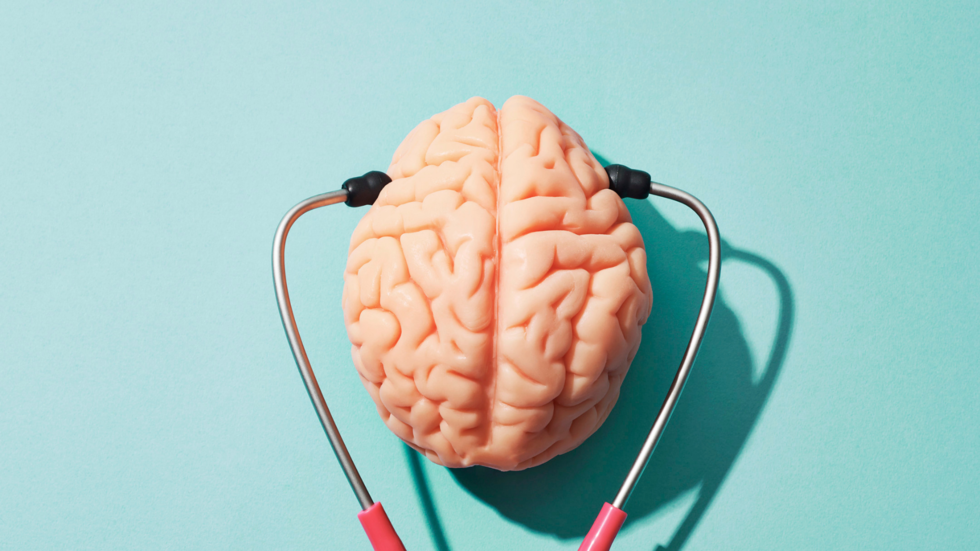
We recently published an article in our Connecticut Injury Resource Guide that sets out an interview we had with Erin Leavitt-Smith, the clinical manager of the State of Connecticut Department of Mental Health and Addiction Services, that deals with acquired brain injuries. In it, she provides insight and advice as to how injured parties and their families can deal with acquired brain injuries.
An Acquired Brain Injury (ABI) is some type of injury to the brain which occurs after birth which involves some type of focal and/or diffused central nervous system dysfunction. These dysfunctions can occur as a result of some type of external force to the head, some type of violent movement involving the head, oxygen deprivation, surgery, vascular disorders, infections, or toxicity just to name a few. These dysfunctions are not degenerative, developmental, or congenital.
Ms. Leavitt-Smith wants people to know that each brain injury is different and people in the field of brain injury will tell you that “if you've seen one brain injury... you've seen one brain injury.” Therefore, what applies to one patient will not necessarily apply to another patient. Family members who are assisting a loved one with an ABI will many times feel overwhelmed and confused. It is important to constantly educate yourself about brain injuries in order to gain a better understanding of some of the challenges your loved ones may be experiencing.
It should be stressed that there are many different resources available to victims of an ABI and their family members. CT's DMHAS program offers a number of different services which could include consultations and assessment services in addition to recommending and coordinating other potential resources. There are also national associations such as the Brain Injury Association of America and the United States Brain Injury Alliance which provide free online training. There are also support groups that can assist patients and family members.
To the extent that you or someone you know has been involved in an accident and has received an acquired brain injury please contact us at the earliest possible moment so we can have an extended conversation with you about the next steps, what you need to be doing and what you should not be doing. These cases are taken on a contingency fee basis and we advance the costs to develop your case. You do not have to come up with any money out of your own pocket and there is no cost or obligation to discuss your case with us.
Contact us as soon as possible so you do not run the risk of jeopardizing your case.


Comments
There are no comments for this post. Be the first and Add your Comment below.
Leave a Comment